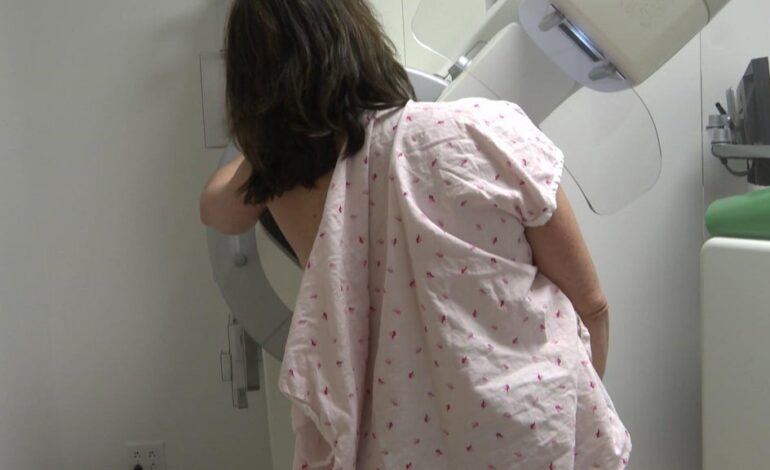Early Detection Crucial for High-Risk Breast Cancer Patients

Health professionals emphasize that early detection of breast cancer is vital, particularly for individuals identified as high risk. Such individuals include those with a family history of cancer, increased breast density, BRCA gene mutations, or a high body mass index. Understanding these risk factors can significantly influence screening and prevention strategies.
Understanding Risk Factors and Recommended Actions
For those at high risk, doctors recommend several proactive measures. Maintaining a healthy body weight through regular exercise, limiting alcohol consumption, and receiving annual mammograms are essential steps. Additionally, breast MRIs and discussions with healthcare providers about anti-estrogen medications are advised.
Dr. Julia McGuinness, an oncologist at Columbia University, stresses the importance of early screening. “If you have a family member, regardless of the relationship — grandmother, aunt — start screening at least 10 years before they were diagnosed,” she states. With the average age of breast cancer diagnosis trending younger, the recommended age for starting mammograms has recently been lowered from 50 to 40.
Dr. McGuinness notes that there has been a noticeable increase in diagnoses among young women, particularly among minority populations. According to the American Cancer Society, Black and Hispanic women are frequently diagnosed with breast cancer before the age of 50, peaking in their 40s, and Black women face a higher risk of mortality from the disease.
Research and Innovations in Breast Cancer Treatment
At Columbia Cancer Center, researchers are actively investigating the causes and treatment options for breast cancer. Dr. McGuinness highlights the role of research in improving treatment outcomes, stating, “Research is the reason we can improve our treatment.” She is currently involved in projects utilizing artificial intelligence to enhance cancer risk prediction among diverse populations and to monitor responses to anti-estrogen therapies. These initiatives are supported by the Susan G. Komen Organization, which has been dedicated to cancer research since 1982.
One of the individuals impacted by these advances is Dani Alderman. Diagnosed with stage one breast cancer at the age of 29, Alderman comes from a family with a history of the disease. “I really didn’t think that at age 29, I could actually get cancer,” she recalls, describing the shock and fear that accompanied her diagnosis. Alderman underwent a double mastectomy on her 30th birthday and has been cancer-free for two years, although she admits to ongoing concerns about recurrence.
“I wonder if it will come back all the time,” she shares. Yet, her spirit remains resilient. “I’m a survivor and I’m happy to say it,” Alderman adds, exemplifying the strength many face in the battle against breast cancer.
Alderman is among the many participants in the upcoming Komen Greater NYC Race for the Cure, scheduled to take place at 9:30 a.m. on March 15, 2025, in Central Park. This event aims to celebrate survivorship and honor those who have lost their lives to the disease. For more details on participation, visit komen.org/race.






